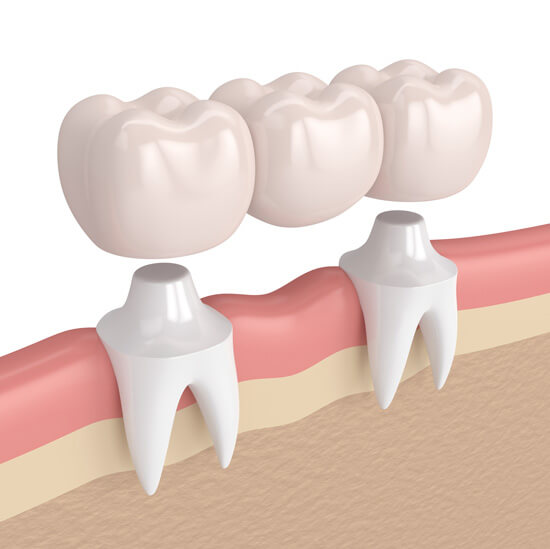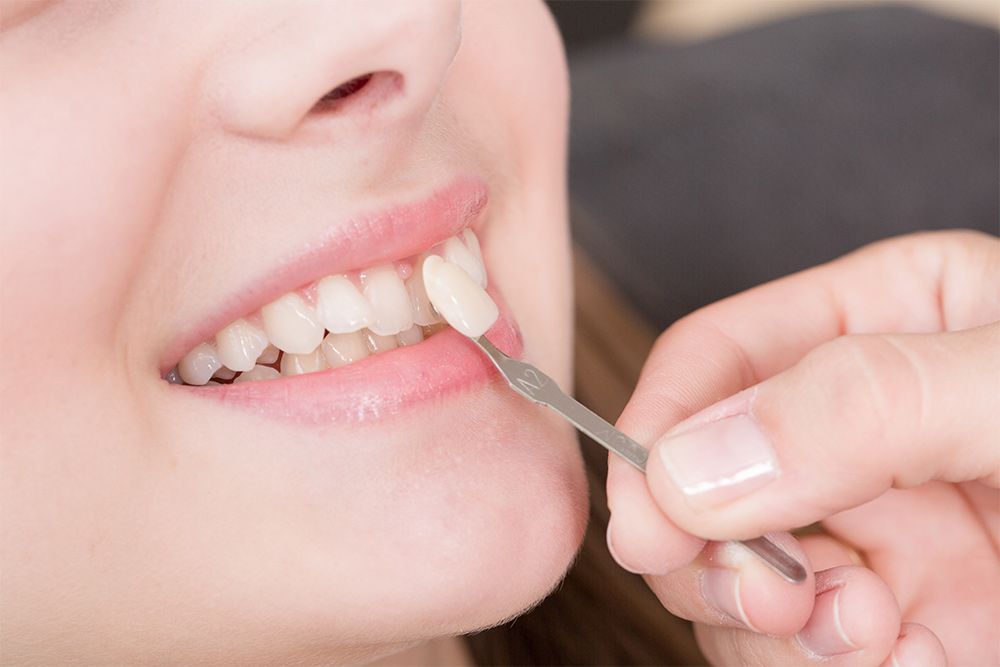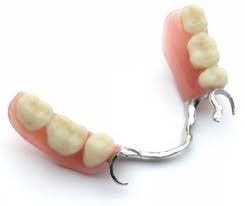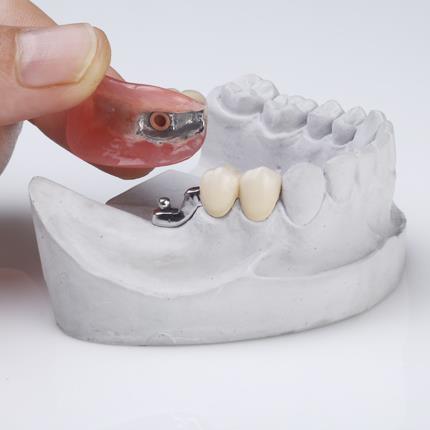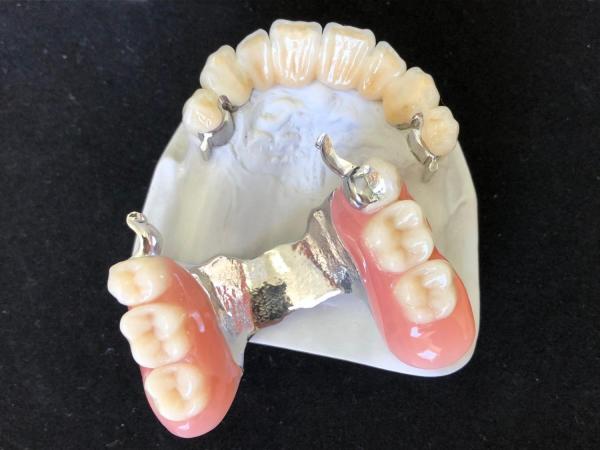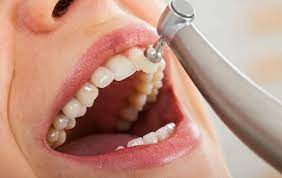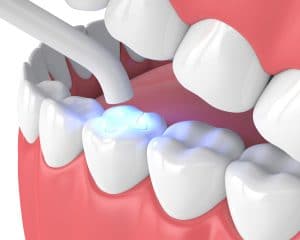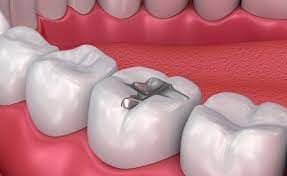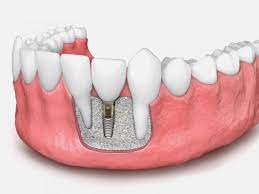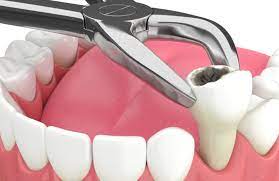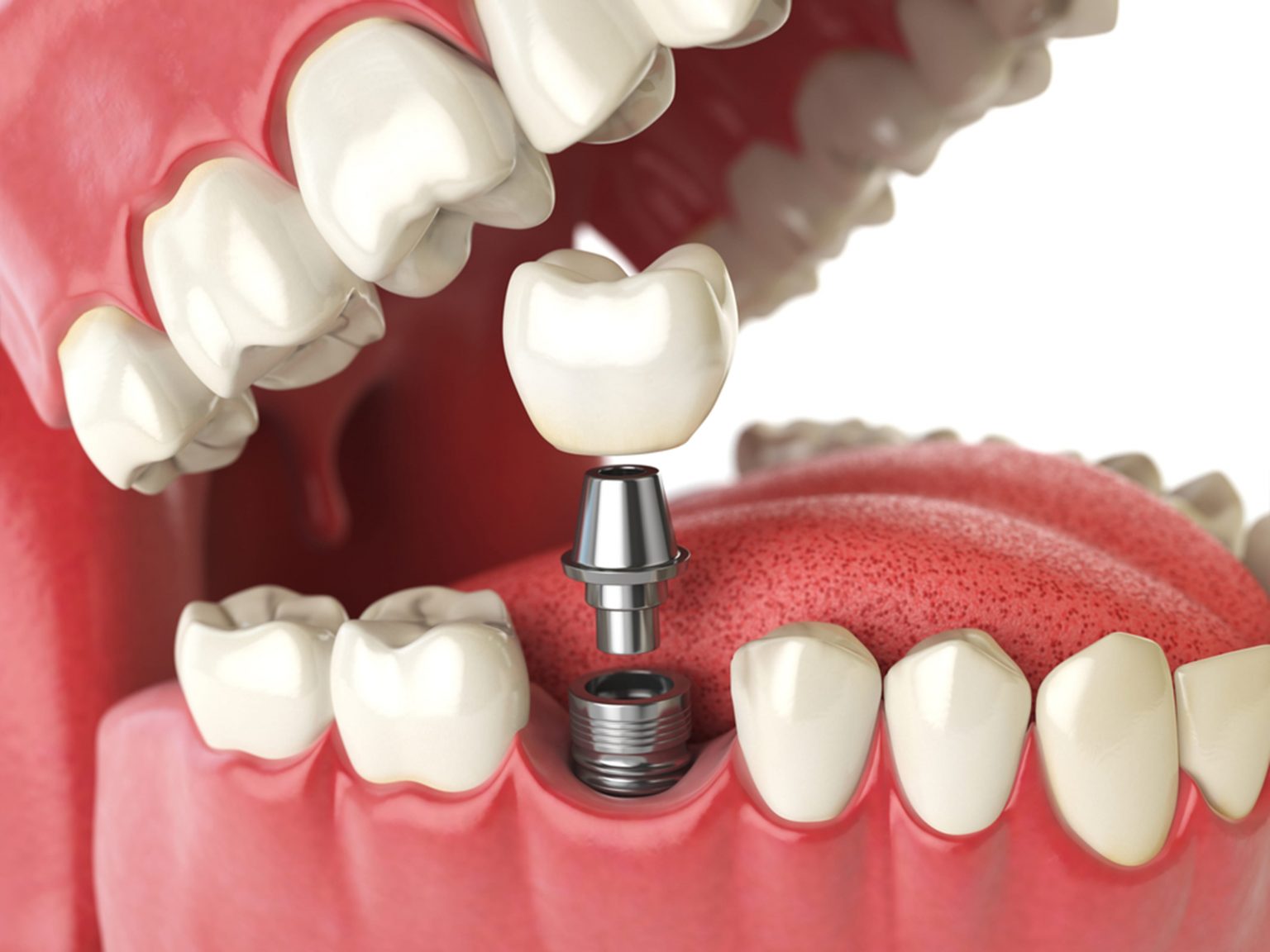
Dental Veneers
Home-> services-> dental-veneers
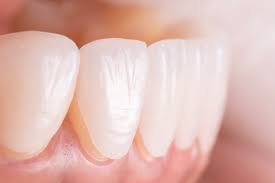
Dental Veneers
Veneers are thin, custom-made shells typically made of porcelain or composite resin that are bonded to the front surface of teeth. They are used to improve the appearance of teeth by enhancing their color, shape, size, or alignment. Veneers can be a popular choice for individuals seeking a smile transformation or those with cosmetic concerns about their teeth.
Here are some key aspects to know about veneers:
-
Types of Veneers:
- Porcelain Veneers: Porcelain veneers are made from a durable and natural-looking ceramic material. They are custom-fabricated in a dental laboratory to match the desired shape, color, and size. Porcelain veneers provide a highly aesthetic and long-lasting result.
- Composite Resin Veneers: Composite resin veneers are made directly on the teeth by applying tooth-colored composite resin material. The resin is sculpted and shaped by the dentist to achieve the desired appearance. Composite veneers are more cost-effective and can be completed in a single dental visit.
-
Applications of Veneers:
- Discolored Teeth: Veneers can be used to cover teeth with severe stains or discoloration that cannot be effectively treated with teeth whitening.
- Chipped or Worn Teeth: Veneers can restore the appearance of teeth with minor chips, cracks, or excessive wear.
- Gaps or Spaces: Veneers can close small gaps or spaces between teeth, providing a more even and uniform smile.
- Misaligned or Irregularly Shaped Teeth: Veneers can improve the alignment and shape of teeth without the need for orthodontic treatment or extensive tooth reshaping.
-
Veneers Procedure:
- Evaluation and Treatment Planning: The dentist will examine your teeth, discuss your aesthetic goals, and determine if veneers are suitable for you.
- Tooth Preparation: For porcelain veneers, a small amount of enamel is usually removed from the front surface of the teeth to create space for the veneers. With composite veneers, minimal tooth preparation is required.
- Impression: An impression or digital scan is taken of your teeth, which is sent to a dental laboratory for the fabrication of porcelain veneers. Composite veneers are made directly on the teeth.
- Temporary Veneers (if applicable): Temporary veneers may be placed on your teeth while the permanent veneers are being fabricated in the dental laboratory.
- Bonding: Once the veneers are ready, the dentist will check their fit, shape, and color. The teeth are then cleaned, etched, and the veneers are bonded to the teeth using dental adhesive. The veneers are trimmed, adjusted, and polished for a natural and comfortable fit.
-
Care and Maintenance:
- Veneers require regular oral hygiene practices, including brushing twice a day and flossing daily.
- Avoid biting or chewing on hard objects, as veneers can be prone to chipping or breaking.
- Regular dental check-ups are essential to monitor the health and integrity of the veneers and to address any concerns or issues.
It's important to consult with a qualified dentist who specializes in cosmetic dentistry to evaluate your specific dental needs and discuss the suitability of veneers for your case. They can guide you through the treatment process and provide personalized recommendations based on your desired outcome.

